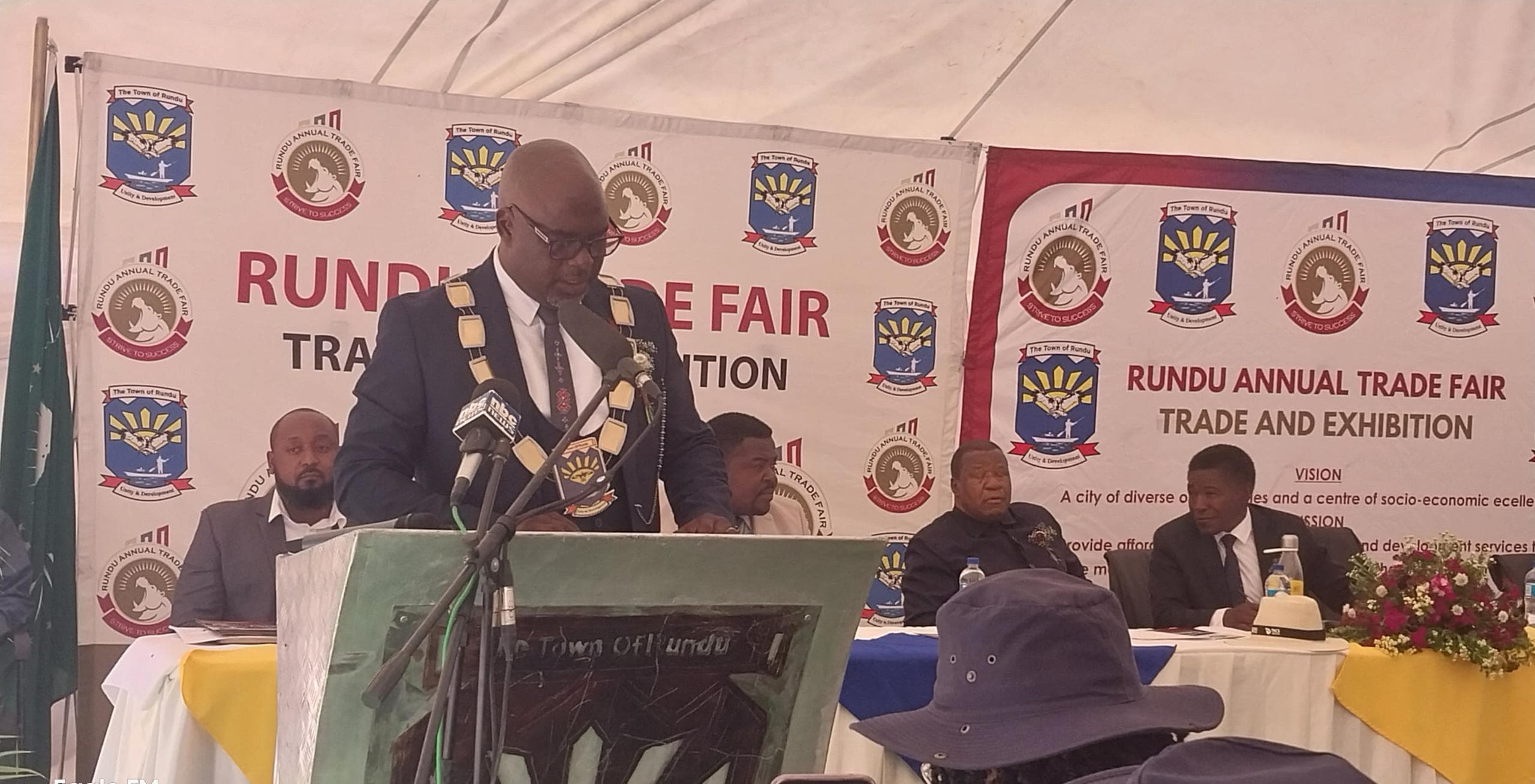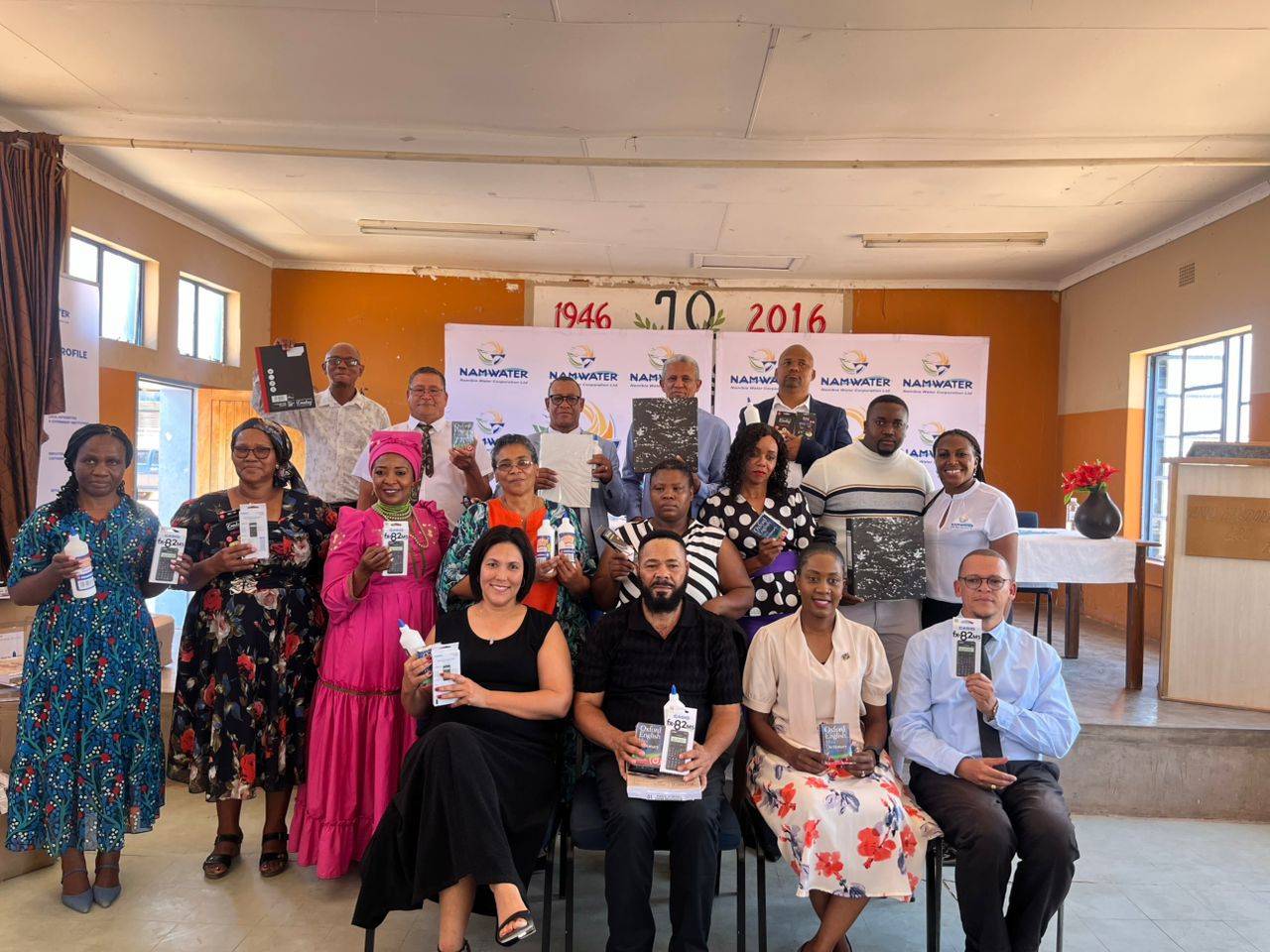Anglo American has opened the doors to talks with BHP after rebuffing a third offer from its suitor. This suggests that the target is under shareholder pressure to talk, and the Public Investment Corporation, which holds shares in both, outlined its preferences shortly before the companies released their statements.
Anglo American is ready to talk turkey with BHP, raising the prospect that the biggest mining merger in over a decade may yet come to fruition.
A month of riveting drama in the mining world is set for its next stage, after Anglo said on Wednesday it had rejected BHP’s latest offer made on Monday, but extended the Pusu — merger and acquisitions lingo for “put up or shut up” — deadline by a week.
This effectively means it’s open to talks with the world’s biggest mining company.
The deadline is now 29 May, the day South Africa holds its general elections, so the Pusu could get pushed out again.
The latest offer would raise the stake of Anglo shareholders to 17.8% in the combined company from 14.8% in the first proposal. This would be an all-share deal, focused squarely on Anglo’s coveted copper assets in Latin America.
But the structure remains the same: Anglo would first need to offload its main South African assets, Anglo American Platinum (Amplats) and Kumba Iron Ore.
Since BHPs initial proposal, Anglo has said it intends to hive off Amplats, along with diamond giant De Beers and its steel-making coal assets.
So part of BHP’s proposed structure is in Anglo’s game plan, but the target has said the offer creates a “complex process… likely to take 18 months or more to complete and carries significant execution and completion risks relating to both value and time.”
It must be said on this front that Anglo’s disposals will likely take a similar amount of time.
“BHP’s revised proposal will offer immediate value for Anglo American shareholders and allow them to benefit from the long-term value generation of the combined group,” BHP CEO Mike Henry said in a statement.
Henry also said the new offer ratio was “final”.
But it’s not set in stone, as BHP is open to Anglo’s board recommending a higher bid or BHP upping its offer if a rival steps in with another proposal.
There have been reports that Glencore is also weighing up a move on Anglo.
Pusu pressure
Pointedly, Anglo’s extension of the Pusu suggests its shareholders are applying some pressure.
One point of contention is the valuation, but that can be worked out.
“The Final Offer Ratio represents a total value of £31.11 per Anglo American share based on the closing share prices of BHP as at 22 May 2024 and Anglo Platinum and Kumba as at 21 May 2024,” BHP said.
Anglo maintains the offer values it rather less, based on averages over a longer time frame.
“On the basis of the 30-day and 90-day volume weighted average share prices up to and including 23 April 2024, the terms of the latest proposal would value Anglo American at £29.91 and £29.67 per Anglo American share, respectively,” Anglo said.
Stepping into the tussle, the Public Investment Corporation (PIC) — which manages the pensions of South Africa’s public servants and holds shares in both companies — put out a statement shortly before either company had done so.
The PIC’s release was headlined: “PIC preference on the proposed BHP offer for Anglo American.”
The word “preference” is revealing and shows that the PIC is open to a deal — but on its terms. It holds 7.7% in Anglo, making it the second-biggest shareholder in the company.
“As a shareholder in both entities, the Public Investment Corporation believes offers from BHP should reflect both the embedded value of existing Anglo assets and the future optionality and benefits that BHP can derive, specifically from Anglo’s unlisted assets,” the PIC said.
The unlisted assets would presumably include De Beers.
“This would require a meaningful revision of the current BHP proposal that should take into consideration the material risks that current shareholders of both Anglo and its subsidiaries would have to assume over an extended time frame,” Abel Sithole, the PIC’s CEO, was quoted as saying.
“In addition, there has to be future and perpetual participation by South African shareholders in the acquired assets through the JSE,” Sithole said.
“Perpetual participation” points to BEE requirements and the Department of Trade and Industry sticking its oar into these waters in a bid to churn up the froth.
That’s not easy to enforce in a company that has its primary listing elsewhere, but it signals that the South African government knows which way the wind is blowing and wants a deal in line with its interests.
The PIC statement did not allude to a third offer, and so, while the timing may strike some as curious, there is no indication it was aware that it had been made.
The next week or so will be mesmerising.
The fate of an over century-old company — which has played an outsized role in South Africa’s history — hangs in the balance as citizens weigh up their political options in the most important election since the advent of democracy in 1994.
Anglo American and South Africa’s political landscape could both look very different in June.
Seismic shifts are underway. DM
Stay informed with The Namibian – your source for credible journalism. Get in-depth reporting and opinions for
only N$85 a month. Invest in journalism, invest in democracy –
Subscribe Now!






